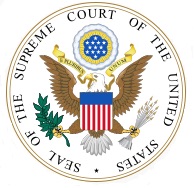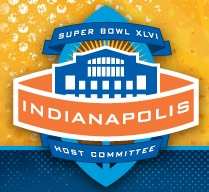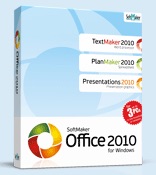Washington, D.C.: The Supreme Court has recently decided to hear a case that could reconcile two competing sections within The Copyright Act–section 602(a)(1) which prohibits the importation of a work without the authority of the owner and section 109(a) which allows copyrighted works to be sold without the copyright owner’s permission–which will determine the applicability of foreign copyright owners’ control of the sale and distribution of their work.
On April 16, 2012 the Supreme Court Granted cert in the case of Kirtsaeng v. John Wiley & Sons in an attempt to resolve the issue of the copyright protections of gray market goods. Reuters.com reports that Kirtsaeng, a graduate student at The University of Southern California, is from Thailand and had his family purchase textbooks cheaply overseas and then shipped to him. He then resold them on eBay for a profit, in order to make money for school. According to Kirtsaeng’s petition for cert, he claims to have researched the Copyright Law including the Doctrine of First Sale, section 109(a), and felt that it was applicable to him. However, John Wiley & Sons, whose Asian subsidiary produced some of the books sold,  disagreed with the interpretation and filed an infringement suit in 2008. Although Kirtsaeng profited $37,000 from the Sale of books produced by John Wiley & Sons, a jury found him liable of infringement and imposed damages of $600,000.
disagreed with the interpretation and filed an infringement suit in 2008. Although Kirtsaeng profited $37,000 from the Sale of books produced by John Wiley & Sons, a jury found him liable of infringement and imposed damages of $600,000.
According to SCOTUSblog.com, the 2nd Circuit upheld the ruling, stating that the Doctrine of First Sale only applies to U.S. made goods. In their ruling, the 2nd circuit applied the Costco Wholesale Corp. v. Costco case, in which the court split 4-4 in its decision to apply the Doctrine of First Sale to U.S. made goods sold by businesses, and extended its reach to individuals as well. When the Supreme Court hears Kirtsaeng’s case, it will seek to resolve the discrepancy in the Copyright Law and the issue of whether the Copyright Law applies to a copy that was made and legally acquired abroad and then imported into the United States, SCOUTUSblog.com reports. According to supremecourt.gov, the time for the parties to file their briefs on the merits has been extended until August 31, 2012. The case will be heard next term, reports abajournal.com.
 Indiana Intellectual Property Law News
Indiana Intellectual Property Law News







